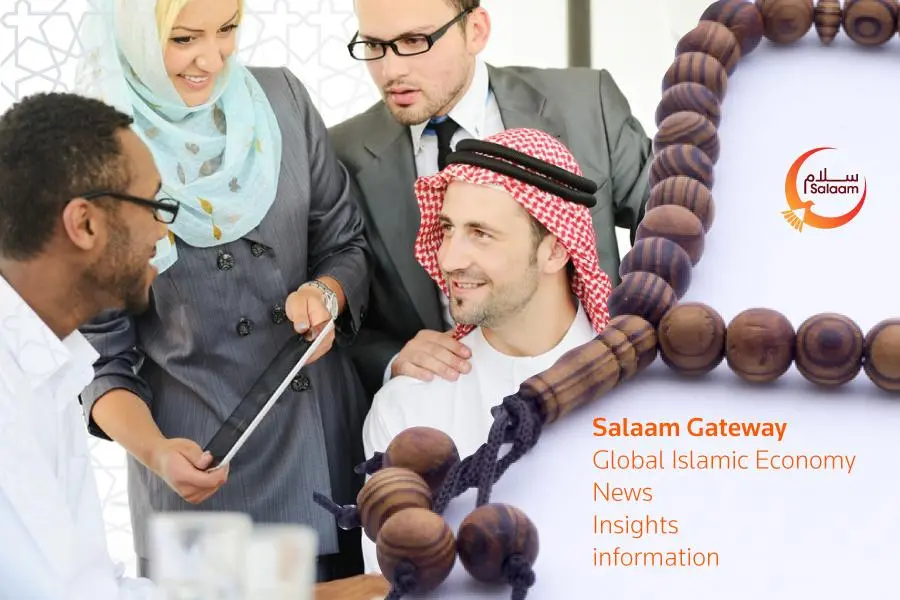PHOTO
In the Islamic economy, the absence of a universal halal standard and its implementation remains a global challenge for exporters who have to deal with many different standards and requirements. In August and September the authorities in the United Arab Emirates withdrew two types of imported Kikkoman soy sauces from the market after finding alcohol content in them. Salaam Gateway spoke to halal industry experts and found certification requirement differences between the UAE and the Gulf Cooperation Council, as well as Malaysia, leading to them calling for mandatory certification of all soy sauces to avoid confusion moving forward.
While UAE’s government-regulated halal standard and certification system continues to find its feet, Indonesia is only now fully addressing the need for its own halal ecosystem to be significantly strengthened. The Indonesia government officially launched its new Halal Products Guarantee Body last week, taking over from non-profit organisation Majelis Ulema Indonesia that has long been criticised for its lack of transparency.
Away from the issues of halal certification, Muslim-majority countries that make up the 57-nation Organisation of Islamic Cooperation (OIC) are also facing threats to their cultural and natural heritage sites. Salaam Gateway finds that while OIC countries are home to 19 percent of UNESCO world heritage sites they hold a staggering disproportion of 63 percent of those in danger. Conflict is predominantly to blame.
Egypt itself is home to seven UNESCO world heritage sites, including Memphis and its Necropolis near the Giza pyramids, and Saint Catherine Area, near the beach resort of Sharm el Sheikh. But not even these centuries-old sites have been able to lift Egypt’s tourism out of its slump following the uprisings in 2011 that has pushed the nation into a long period of political and economic uncertainty. Exactly how has Egypt’s tourism sector performed post-2011?
Away from halal certification and heritage sites in danger, in the Islamic finance industry this past week Dubai Islamic Economy Development Centre announced that it plans to establish a “global fiqh league” that will “complement the role of [the UAE] Higher Sharia Board for Islamic Banking and Finance”. What does this “league” mean exactly? Find out in our weekly Notice Board to keep up with developments in the global Islamic economy.
Further reading on Salaam Gateway:
© ZAWYA 2017
While UAE’s government-regulated halal standard and certification system continues to find its feet, Indonesia is only now fully addressing the need for its own halal ecosystem to be significantly strengthened. The Indonesia government officially launched its new Halal Products Guarantee Body last week, taking over from non-profit organisation Majelis Ulema Indonesia that has long been criticised for its lack of transparency.
Away from the issues of halal certification, Muslim-majority countries that make up the 57-nation Organisation of Islamic Cooperation (OIC) are also facing threats to their cultural and natural heritage sites. Salaam Gateway finds that while OIC countries are home to 19 percent of UNESCO world heritage sites they hold a staggering disproportion of 63 percent of those in danger. Conflict is predominantly to blame.
Egypt itself is home to seven UNESCO world heritage sites, including Memphis and its Necropolis near the Giza pyramids, and Saint Catherine Area, near the beach resort of Sharm el Sheikh. But not even these centuries-old sites have been able to lift Egypt’s tourism out of its slump following the uprisings in 2011 that has pushed the nation into a long period of political and economic uncertainty. Exactly how has Egypt’s tourism sector performed post-2011?
Away from halal certification and heritage sites in danger, in the Islamic finance industry this past week Dubai Islamic Economy Development Centre announced that it plans to establish a “global fiqh league” that will “complement the role of [the UAE] Higher Sharia Board for Islamic Banking and Finance”. What does this “league” mean exactly? Find out in our weekly Notice Board to keep up with developments in the global Islamic economy.
Further reading on Salaam Gateway:
- Experts call for soy sauce halal certification after UAE withdraws two products
- Indonesia's new halal logo to be released end 2017 at earliest - official
- OIC countries home to 19% of world's heritage sites but 63% of those in danger
- How has Egypt's tourism sector performed post 2011 uprising?
- DIEDC to set up global fiqh league
© ZAWYA 2017





















